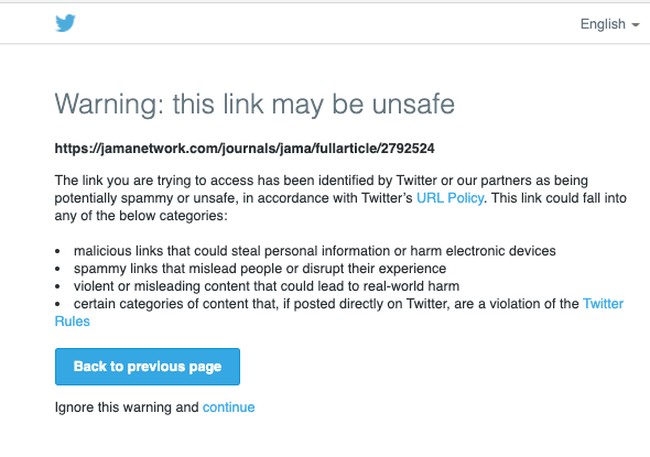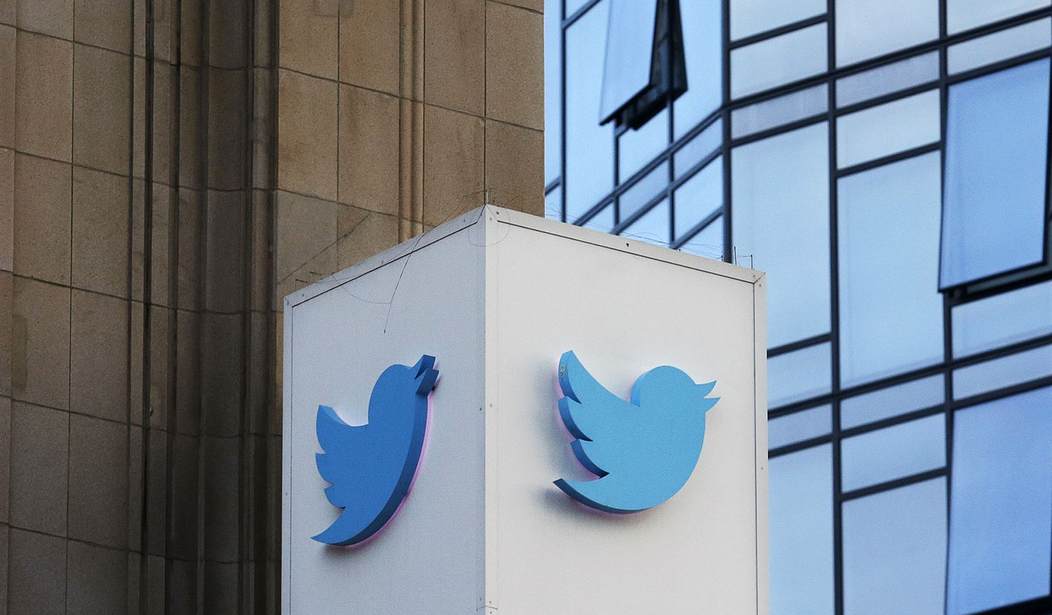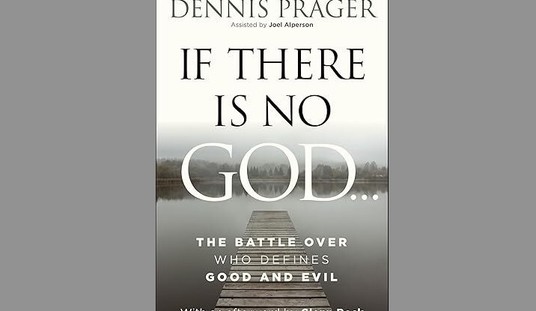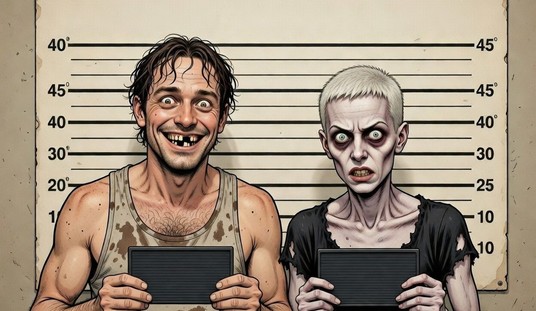In an ethical healthcare system, patients are provided informed consent before accepting medical treatment. If a person cannot consent due to illness or injury, a family member or appointed individual may provide informed consent on his or her behalf. Informed consent means that a healthcare provider gives the patient or his representative information about the purpose, method, expected outcomes, potential benefits, and known risks of a procedure, medicine, or therapy.
Western medicine’s insistence on transparency and consent has evolved continuously since the end of World War II and the Nuremberg trials. Starting with the pandemic, even social media companies can write algorithms that decide what information people should read regarding the virus, treatments, and vaccinations to find the latest information. In many ways, these companies decide what should be included in informed consent. By law, this is the province of medical professionals. At least that was the case until COVID-19.
The censorship of legitimate, well-regarded medical professionals, their research, and their knowledge was unprecedented for two specific reasons. First, COVID-19 was a new coronavirus causing disease in humans. Information was accumulating in real-time and in extraordinary volumes. Americans lost the ability to evaluate sources on their own and compare different opinions about treatments and vaccines. Second, only the suppressed information could have rolled back the panic, reduced Big Pharma’s profit potential, or questioned the ubiquitous use of mRNA vaccines or boosters.
Big Tech corrupted informed consent in a situation where patients need to access the latest information. Now, even after it is well known that mRNA COVID-19 vaccines do not prevent transmission of the virus or symptomatic illness, Twitter is still at it. The Journal of the American Medical Association accepted an article for publication on April 20, 2022, and published it online on May 13, 2022. The corresponding author is Katherine E. Fleming-Dutra, MD, Vaccine Effectiveness Team, COVID-19 Response, from the U.S. Centers for Disease Control and Prevention (CDC). The article discusses waning Pfizer vaccine effectiveness against omicron in children and adolescents.
So: peer-reviewed article, check. Published online by an authoritative journal, check. At least one author works for a public health agency that supposedly represented “The Science” during the pandemic, check. Yet if you click the link on Twitter, here is how they are practicing medicine by characterizing the quality of information people use to obtain informed consent about vaccinating children:

Here is the information that Twitter believes could be unsafe for you to see. The authors are pro-vaccine up to and including mulling the possibility of booster doses for children aged 5-11. As is nearly predictable for the CDC, the data they provide do not support the author’s promotion of the continued use of vaccines in people under 18.
First, vaccine effectiveness against symptomatic disease in the two age groups in the study plummeted shortly after the second dose. Two to four weeks after the second dose, the odds of a child aged 5-11 having symptomatic COVID-19 is 35-40%. Among those 12-17, the odds were between 29% and 56%. The highest vaccine effectiveness following the second dose was among the children at 54.7-64.8%. The authors note:
In this analysis, the estimated VE against symptomatic infection among adolescents 12 to 15 years old also was not significantly different from 0 during month 3 after the second dose. Among children 5 to 11 years old, the duration of protection could only be assessed up through month 2 since the second dose, and continued monitoring will be important.
During the second month, vaccine effectiveness tanked. For children aged 5-11, it ranged from 24.5 to 33.1%. For teens, it fell as low as 8.1%. The authors note:
In this analysis, the estimated VE against symptomatic infection among adolescents 12 to 15 years old also was not significantly different from 0 during month 3 after the second dose. Among children 5 to 11 years old, the duration of protection could only be assessed up through month 2 since the second dose, and continued monitoring will be important.
It should be no surprise that the “bright spot” in the analysis is a 70.1% vaccine effectiveness in 12-17-year-olds who received a booster between two and six weeks afterward. This metric does not delineate children who suffered from symptomatic COVID-19 at any point prior, even though the authors admit:
“Unvaccinated persons with prior infection may have infection-induced immunity, which could bias VE estimates toward the null, whereas vaccinated persons with prior infection may have higher levels of protection than those with vaccination alone.”
In other words, recovered people under the age of 18 who are not vaccinated may have better protection against symptomatic disease, making infection rates in the vaccinated population appear higher. Infection following the vaccine may also decrease the likelihood of infection, including in the adolescents who received a booster. Attributing the lack of symptomatic disease to the vaccine without excluding the teens who recovered post-vaccination is a significant flaw. Low vaccine effectiveness after just a few months indicates that contracting COVID-19 in the adolescent population before receiving a booster could be pretty high.
Related: Six Reasons Dr. Fauci Needs to Go Now
Any sane parents would have to question the need to vaccinate their children under these circumstances. It might make them seek out information from experts who have been fighting vaccine mandates, particularly for children. Like Dr. Peter McCullough and Dr. Robert Malone, many of them can only communicate freely through alternative platforms like Substack and Rumble. They often appear on outlets like Fox News, The Blaze, and the Epoch Times, which all share a broad range of opinions on COVID-19 research, treatments, and vaccines.
Then these parents may wonder why physicians and researchers of the stature of Dr. Jay Bhattacharya, Dr. Martin Kuldorff, and Dr. Harvey Risch have risked their careers to speak out against lockdowns, vaccines, and treatments. If they dig too deep, they may find out. That is why Twitter, Facebook, and Google will continue to censor accurate information, even from sources they deem reliable, if it contradicts moneyed interests.
As it relates to COVID-19, this censorship amounts to practicing medicine. So if Twitter tells you a link may be unsafe, think of it as an incentive to click on it. Their algorithm engineers have no business making that determination for you.










